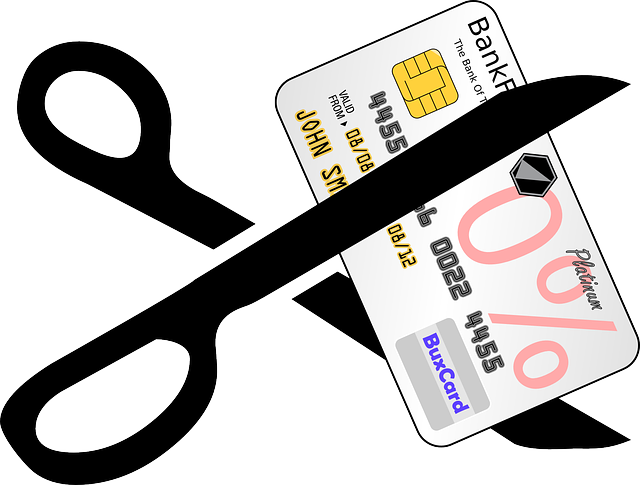Based on the data provided by Hudson Singapore Salary Guide 2015, these 16 occupations are paid with higher annual salaries than Facebook’s CEO Mark Zuckerberg. The reason behind this will be revealed later on.
Information, Communications, & Technology Sector
1. Application Manager
Average Minimum Annual Pay: S$80,000
Average Maximum Annual Pay: S$120,000
2. IT Consultant
Average Minimum Annual Pay: S$100,000
Average Maximum Annual Pay: S$150,000
3. Customer Support Manager
Average Minimum Annual Pay: S$100,000
Average Maximum Annual Pay: S$120,000
4. Consulting Manager
Average Minimum Annual Pay: S$60,000
Average Maximum Annual Pay: S$120,000
5. Training Manager
Average Minimum Annual Pay: S$120,000
Average Maximum Annual Pay: S$200,000
6. Channel Operations Director
Average Minimum Annual Pay: S$200,000
Average Maximum Annual Pay: S$450,000
Sales and Marketing Sector
7. Events Manager
Average Minimum Annual Pay: S$50,000
Average Maximum Annual Pay: S$80,000
8. Sales Engineer
Average Minimum Annual Pay: S$48,000
Average Maximum Annual Pay: S$70,000
9. Media Group Head
Average Minimum Annual Pay: S$72,000
Average Maximum Annual Pay: S$105,000
10. Market Analyst
Average Minimum Annual Pay: S$70,000
Average Maximum Annual Pay: S$85,000
11. Public Relations Manager
Average Minimum Annual Pay: S$84,000
Average Maximum Annual Pay: S$110,000
12. Agency Managing Director
Average Minimum Annual Pay: S$200,000
Average Maximum Annual Pay: S$300,000
Human Resources Sector
13. HR Officer
Average Minimum Annual Pay: S$50,000
Average Maximum Annual Pay: S$75,000
14. HR Manager
Average Minimum Annual Pay: S$80,000
Average Maximum Annual Pay: S$160,000
15. Organisational Development Consultant
Average Minimum Annual Pay: S$80,000
Average Maximum Annual Pay: S$150,000
16. HR Director
Average Minimum Annual Pay: S$200,000
Average Maximum Annual Pay: S$250,000
Why These Occupations Pay Higher Than Being A CEO (Facebook)
Mark Zuckerberg, the innovative founder and CEO of Facebook, chose to take home a salary of US$1 (S$1.40) each year. Since 2013, Zuckerberg joined the dollar salary club alongside Zynga’s Mark Pincus and HP’s Meg Whitman.
He was quoted saying: “I’ve made enough money. At this point, I’m just focused on making sure I do the most possible good with what I have.”
Despite this move, he is still worth US$48.2 (S$67.38) billion according to Forbes.
So in a sense, most Singaporeans (including yourself) are getting salaries that outweigh that of Zuckerberg’s.










